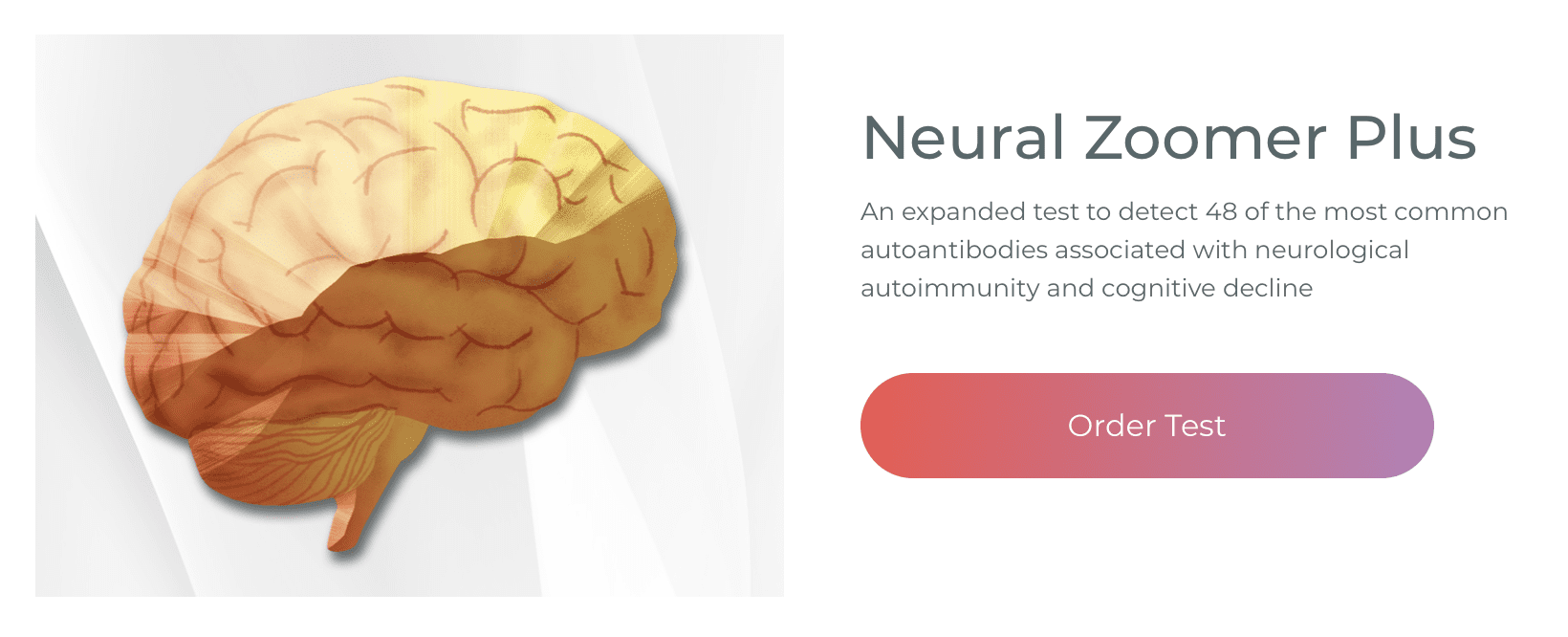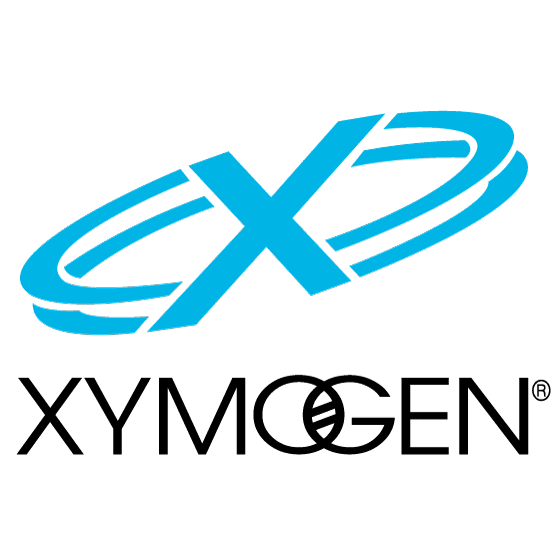According to the National Institute of Mental Health (NIH), approximately 20 percent of the population in the United States are diagnosed with a brain health issue every year, with depression and phobias being the most common types of diagnosable mental health issues. Moreover, the Centers for Disease Control and Prevention (CDC) reported that the suicide rate in the United States had reached 13 for every 100,000 people in 2014, which is the highest it had ever been since 1986. Scientists are starting to associate brain health issues with inflammation and its effects on the blood-brain barrier.
The blood-brain barrier (BBB) is a connection of blood vessels that protect the brain against harmful free radicals in the bloodstream. However, the blood-brain barrier is so effective at protecting the brain from these “harmful” components in the bloodstream, that it can ultimately even prevent drugs and/or medications from penetrating this security system to treat brain health issues. A research study published in Psychotherapy and Psychosomatics demonstrated that the effectiveness of antidepressants is only slightly more effective compared to placebos in the treatment of mental health issues.
Table of Contents
What Causes a Leaky Brain?
Scientists continue to analyze ways to effectively penetrate the blood-brain barrier to treat brain health issues. Several research studies have also determined that inflammation may reduce the function of brain cells in the frontal lobe of people diagnosed with depression. Other scientists are starting to believe that antidepressants and medicines used to treat depression are ineffective because these don’t necessarily treat inflammation in the brain. When the blood-brain barrier is damaged or injured, harmful components can enter the brain through the bloodstream and cause neurodegenerative symptoms.
A “leaky brain” is a well-known term that is increasingly being used to describe blood-brain barrier permeability. A variety of blood tests, including those that measure the levels of the proteins occludin and zonulin, can be used to determine a leaky brain. Immunoglobulin levels may also be measured. Scientists also measure the levels of a molecule, known as microRNA-155, which increases with inflammation. MicroRNAs (miRNAs) play the fundamental role of regulating immune reactions, with miR-155 as a biomarker for inflammation in the brain due to a leaky blood-brain barrier. According to various research studies, this molecule can cause small gaps to develop in the BBB which can ultimately cause inflammation and lead to a leaky brain.
Several different research studies have also discussed how inflammation on the blood-brain barrier can eventually cause a leaky brain. Meanwhile, other research studies have demonstrated a link between inflammation and a variety of psychiatric disorders. Scientists also demonstrated that pro-inflammatory cytokines can increase and cause increased blood-brain barrier permeability. Many harmful components can also affect the structure of the mitochondria and the blood-brain barrier. Microglial cells in the brain may also trigger and activate the release of molecules that can further affect the BBB.
Further evidence has also associated blood-brain barrier dysfunction with a leaky gut. Scientists have suggested treating an underlying leaky gut to help treat a leaky brain. According to research studies, intestinal permeability, or a “leaky gut”, may ultimately be associated with blood-brain barrier permeability. Bacteria, small molecules, and toxins in the blood are commonly found in celiac disease, a well-known problem caused by gluten sensitivity or intolerance. Although true celiac disease is considered to be rare, a leaky gut associated with celiac disease and brain health issues are considered to be more common.
One research study discusses the connection between the gut microbiome, inflammation, and the integrity of the blood-brain barrier. The scientists of a different research study discussed how a variety of treatments used to help improve the biodiversity of the gut microbiome, including a healthy diet and lifestyle modifications, fecal microbiota transplantation, prebiotics, and probiotics, have demonstrated to support the function of the gut-brain axis. Scientists believe it will be possible to use the gut microbiome to improve brain and mental health issues as well as to prevent further complications.

Too much inflammation may cause a variety of brain and mental health issues associated with blood-brain barrier permeability. Because many research studies have suggested the connection between a leaky gut and a leaky brain, maintaining a healthy gut microbiome may be an effective treatment for brain and mental health. Although the brain is protected by the blood-brain barrier, this security system can frequently prevent drugs and/or medications from being able to effectively treat many brain and mental health issues. Scientists have started working towards developing successful ways to allow treatments to penetrate the blood-brain barrier. – Dr. Alex Jimenez D.C., C.C.S.T. Insight
As previously mentioned, the National Institute of Mental Health (NIH) states that about 20 percent of Americans are diagnosed with a mental health issue every year, where depression and phobias are considered to be the most common types of diagnosable brain health issues. Furthermore, the Centers for Disease Control and Prevention (CDC) recorded that the suicide rate in the United States reached 13 for every 100,000 people in 2014, which is the highest it has ever been since 1986. Scientists associate mental health issues with brain inflammation and how it causes a “leaky” blood-brain barrier.
The blood-brain barrier (BBB) is a group of blood vessels that protect the brain against “harmful” components in the bloodstream. However, because the blood-brain barrier can be so effective at protecting the brain from these harmful free radicals in the bloodstream, it can ultimately prevent drugs and/or medications from successfully penetrating the BBB to treat mental health issues. Research studies published in Psychotherapy and Psychosomatics determined that the effectiveness of certain medicines can only be slightly more effective, compared to placebos, in the treatment of brain health issues.
The scope of our information is limited to chiropractic, musculoskeletal, and nervous health issues or functional medicine articles, topics, and discussions. We use functional health protocols to treat injuries or disorders of the musculoskeletal system. Our office has made a reasonable attempt to provide supportive citations and has identified the relevant research study or studies supporting our posts. We also make copies of supporting research studies available to the board and or the public upon request. To further discuss the subject matter above, please feel free to ask Dr. Alex Jimenez or contact us at 915-850-0900.
Curated by Dr. Alex Jimenez
References:
- Figeley, Melanie. “Do You Have A Leaky Brain?” Biotics NW Inc., Biotics NW Inc., 15 Jan. 2019, www.bioticsnw.com/blogs/news/do-you-have-a-leaky-brain.
Neurotransmitter Assessment Form
The following Neurotransmitter Assessment Form can be filled out and presented to Dr. Alex Jimenez. The following symptoms listed on this form are not intended to be utilized as a diagnosis of any type of disease, condition, or any other type of health issue.
Additional Topic Discussion: Chronic Pain
Sudden pain is a natural response of the nervous system which helps to demonstrate possible injury. By way of instance, pain signals travel from an injured region through the nerves and spinal cord to the brain. Pain is generally less severe as the injury heals, however, chronic pain is different than the average type of pain. With chronic pain, the human body will continue sending pain signals to the brain, regardless if the injury has healed. Chronic pain can last for several weeks to even several years. Chronic pain can tremendously affect a patient’s mobility and it can reduce flexibility, strength, and endurance.
Neural Zoomer Plus for Neurological Disease
Dr. Alex Jimenez utilizes a series of tests to help evaluate neurological diseases. The Neural ZoomerTM Plus is an array of neurological autoantibodies which offers specific antibody-to-antigen recognition. The Vibrant Neural ZoomerTM Plus is designed to assess an individual’s reactivity to 48 neurological antigens with connections to a variety of neurologically related diseases. The Vibrant Neural ZoomerTM Plus aims to reduce neurological conditions by empowering patients and physicians with a vital resource for early risk detection and an enhanced focus on personalized primary prevention.
Food Sensitivity for the IgG & IgA Immune Response
Dr. Alex Jimenez utilizes a series of tests to help evaluate health issues associated with food sensitivities. The Food Sensitivity ZoomerTM is an array of 180 commonly consumed food antigens that offers very specific antibody-to-antigen recognition. This panel measures an individual’s IgG and IgA sensitivity to food antigens. Being able to test IgA antibodies provides additional information to foods that may be causing mucosal damage. Additionally, this test is ideal for patients who might be suffering from delayed reactions to certain foods. Utilizing an antibody-based food sensitivity test can help prioritize the necessary foods to eliminate and create a customized diet plan around the patient’s specific needs.
Gut Zoomer for Small Intestinal Bacterial Overgrowth (SIBO)
Dr. Alex Jimenez utilizes a series of tests to help evaluate gut health associated with small intestinal bacterial overgrowth (SIBO). The Vibrant Gut ZoomerTM offers a report that includes dietary recommendations and other natural supplementation like prebiotics, probiotics, and polyphenols. The gut microbiome is mainly found in the large intestine and it has more than 1000 species of bacteria that play a fundamental role in the human body, from shaping the immune system and affecting the metabolism of nutrients to strengthening the intestinal mucosal barrier (gut-barrier). It is essential to understand how the number of bacteria that symbiotically live in the human gastrointestinal (GI) tract influences gut health because imbalances in the gut microbiome may ultimately lead to gastrointestinal (GI) tract symptoms, skin conditions, autoimmune disorders, immune system imbalances, and multiple inflammatory disorders.
Formulas for Methylation Support
XYMOGEN’s Exclusive Professional Formulas are available through select licensed health care professionals. The internet sale and discounting of XYMOGEN formulas are strictly prohibited.
Proudly, Dr. Alexander Jimenez makes XYMOGEN formulas available only to patients under our care.
Please call our office in order for us to assign a doctor consultation for immediate access.
If you are a patient of Injury Medical & Chiropractic Clinic, you may inquire about XYMOGEN by calling 915-850-0900.
For your convenience and review of the XYMOGEN products please review the following link. *XYMOGEN-Catalog-Download
* All of the above XYMOGEN policies remain strictly in force.
Post Disclaimer
Professional Scope of Practice *
The information on this blog site is not intended to replace a one-on-one relationship with a qualified healthcare professional or licensed physician and is not medical advice. We encourage you to make healthcare decisions based on your research and partnership with a qualified healthcare professional.
Blog Information & Scope Discussions
Welcome to El Paso's Premier Wellness and Injury Care Clinic & Wellness Blog, where Dr. Alex Jimenez, DC, FNP-C, a board-certified Family Practice Nurse Practitioner (FNP-BC) and Chiropractor (DC), presents insights on how our team is dedicated to holistic healing and personalized care. Our practice aligns with evidence-based treatment protocols inspired by integrative medicine principles, similar to those found on this site and our family practice-based chiromed.com site, focusing on restoring health naturally for patients of all ages.
Our areas of chiropractic practice include Wellness & Nutrition, Chronic Pain, Personal Injury, Auto Accident Care, Work Injuries, Back Injury, Low Back Pain, Neck Pain, Migraine Headaches, Sports Injuries, Severe Sciatica, Scoliosis, Complex Herniated Discs, Fibromyalgia, Chronic Pain, Complex Injuries, Stress Management, Functional Medicine Treatments, and in-scope care protocols.
Our information scope is limited to chiropractic, musculoskeletal, physical medicine, wellness, contributing etiological viscerosomatic disturbances within clinical presentations, associated somato-visceral reflex clinical dynamics, subluxation complexes, sensitive health issues, and functional medicine articles, topics, and discussions.
We provide and present clinical collaboration with specialists from various disciplines. Each specialist is governed by their professional scope of practice and their jurisdiction of licensure. We use functional health & wellness protocols to treat and support care for the injuries or disorders of the musculoskeletal system.
Our videos, posts, topics, subjects, and insights cover clinical matters and issues that relate to and directly or indirectly support our clinical scope of practice.*
Our office has made a reasonable effort to provide supportive citations and has identified relevant research studies that support our posts. We provide copies of supporting research studies available to regulatory boards and the public upon request.
We understand that we cover matters that require an additional explanation of how they may assist in a particular care plan or treatment protocol; therefore, to discuss the subject matter above further, please feel free to ask Dr. Alex Jimenez, DC, APRN, FNP-BC, or contact us at 915-850-0900.
We are here to help you and your family.
Blessings
Dr. Alex Jimenez DC, MSACP, APRN, FNP-BC*, CCST, IFMCP, CFMP, ATN
email: [email protected]
Licensed as a Doctor of Chiropractic (DC) in Texas & New Mexico*
Texas DC License # TX5807
New Mexico DC License # NM-DC2182
Licensed as a Registered Nurse (RN*) in Texas & Multistate
Texas RN License # 1191402
ANCC FNP-BC: Board Certified Nurse Practitioner*
Compact Status: Multi-State License: Authorized to Practice in 40 States*
Graduate with Honors: ICHS: MSN-FNP (Family Nurse Practitioner Program)
Degree Granted. Master's in Family Practice MSN Diploma (Cum Laude)
Dr. Alex Jimenez, DC, APRN, FNP-BC*, CFMP, IFMCP, ATN, CCST
My Digital Business Card










Comments are closed.